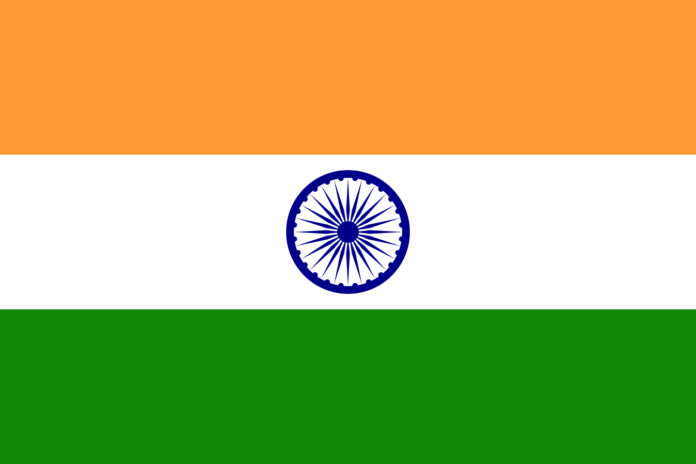New Delhi–The Citizenship (Amendment) Bill (CAB) brought in by the Modi government is being targeted for fear mongering and causing disruptions in several places, partly due to the myths and misconceptions associated with it.
The Citizenship (Amendment) Bill, 2019, (CAB) aims at reducing naturalisation period from 11 years to 5 years for the persecuted religious minorities from Pakistan, Afghanistan and Bangladesh who seek refuge in India.
From violating the Constitution to being discriminatory, CAB has faced multi-faceted criticism.
Article 14 of the Constitution makes provision for “reasonable classification” wherein the principle of equality is relaxed. Therefore, the principle of affirmative action or positive discrimination is possible if the criteria for classification is reasonable.
Experts say the persecuted minorities from these three nations form a reasonable classification, since all have faced systematic attacks, persecution and communal violence due to their presence in Islamic nations.
On the charge that the Bill is anti-Muslim, experts say that Indian Muslims are in no way affected by this amendment. They are and will continue to enjoy all the benefits as legitimate Indian citizens. The Bill deals with refugees who are foreign citizens.
India does accept refugees who are Muslim. The process takes place under other acts like Foreigners Act, 1946, and the appropriate bodies are given powers to decide on the status of granting citizenship.
The US Commission for International Religious Freedom (USCIRF) has commented adversely on the Bill, further adding to the criticisms. The Ministry of External Affairs has clearly stated that such comments from USCIRF is neither accurate, nor warranted, given that its past record is filled with comments on India’s religious freedom.
There are also apprehensions that Northeast India stands to suffer due to the influx of non-local refugees.
CAB has a specific provision which excludes autonomous tribal regions under the Sixth Schedule. This means the areas in Assam, Meghalaya, Tripura and Mizoram would be excluded.
Also, states with an Inner Line Permit are excluded. Inner Line Permit is required for entire states of Arunachal Pradesh, Nagaland and Mizoram. Thus, persecuted refugees won’t be settled here.
Criticism has been levelled that the Parliament doesn’t have powers to decide on the issue of citizenship. On the contrary, it has been pointed out that the erroneous assumption is that it is the Constitution that decides on citizenship and the Parliament has no power on the issue.
Article 11 of the Constitution says, “Parliament to regulate the right of citizenship by law. Nothing in the foregoing provisions of this Part shall derogate from the power of Parliament to make any provision with respect to the acquisition and termination of citizenship and all other matters relating to citizenship.”
Citizenship is a dynamic issue and the changing nature of the world requires a dynamic citizenship policy.
“Can a Constitution framed in 1949 have that much foresight to deal with issues of 21st century,” experts asked.
The power is left to the Parliament since it is easy to introduce amendments with a simple majority.
Some critics and Opposition MPs have said that CAB is furthering the Two Nation Theory that divided India. On the contrary, CAB protects the victims of the Two Nation Theory.
The religious minorities were left behind in declared Islamic nations with nowhere to go, experts point out that they are the real victims of the hatred caused by Two Nation Theory.
Experts say that it was the Congress that accepted Partition and by implication, the Two Nation Theory, which created such cruel conditions for religious minorities. (IANS)














